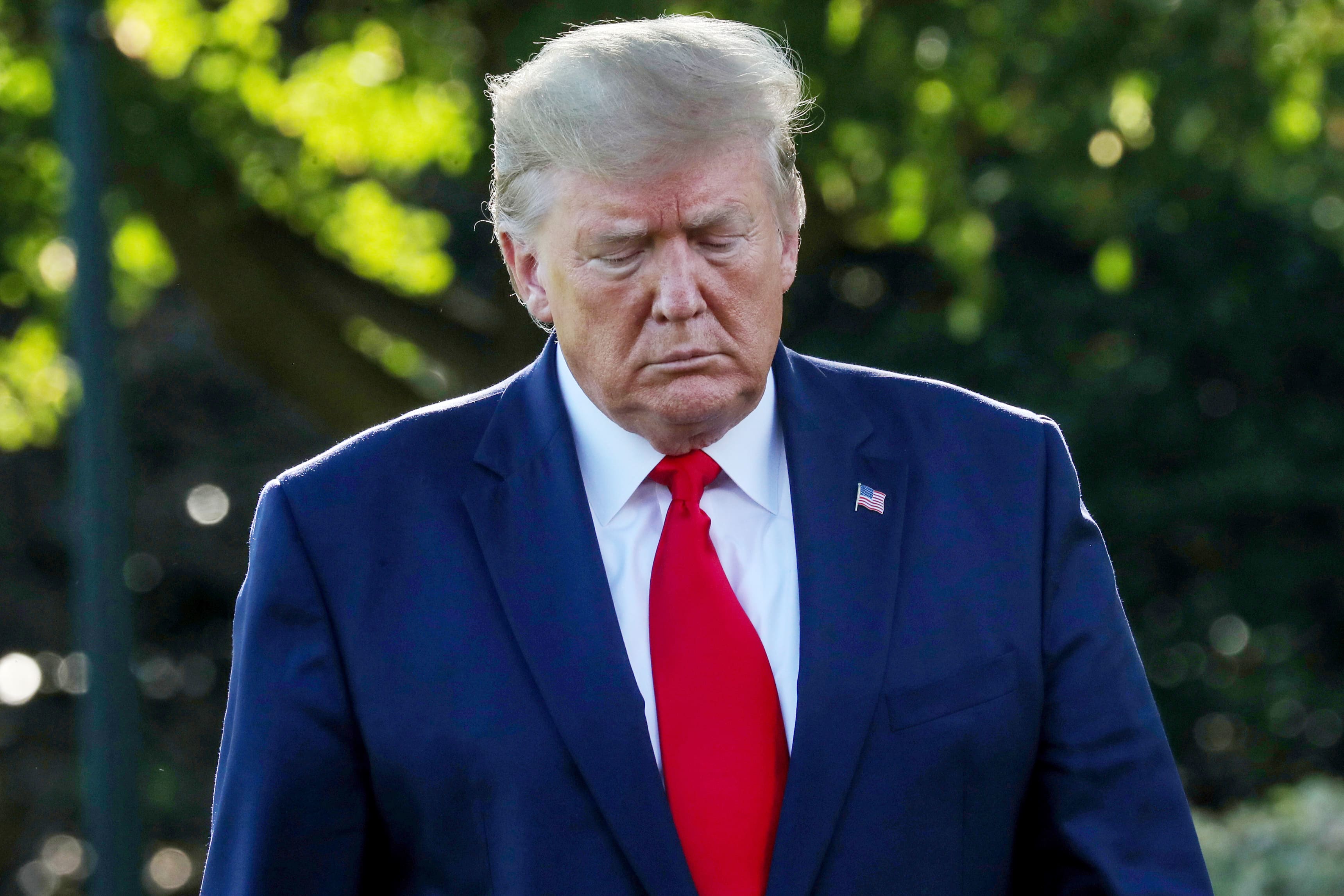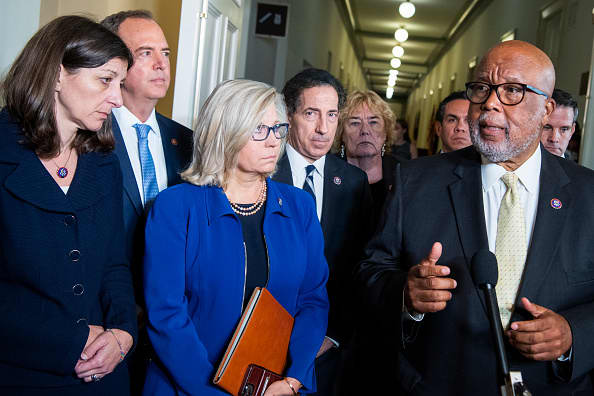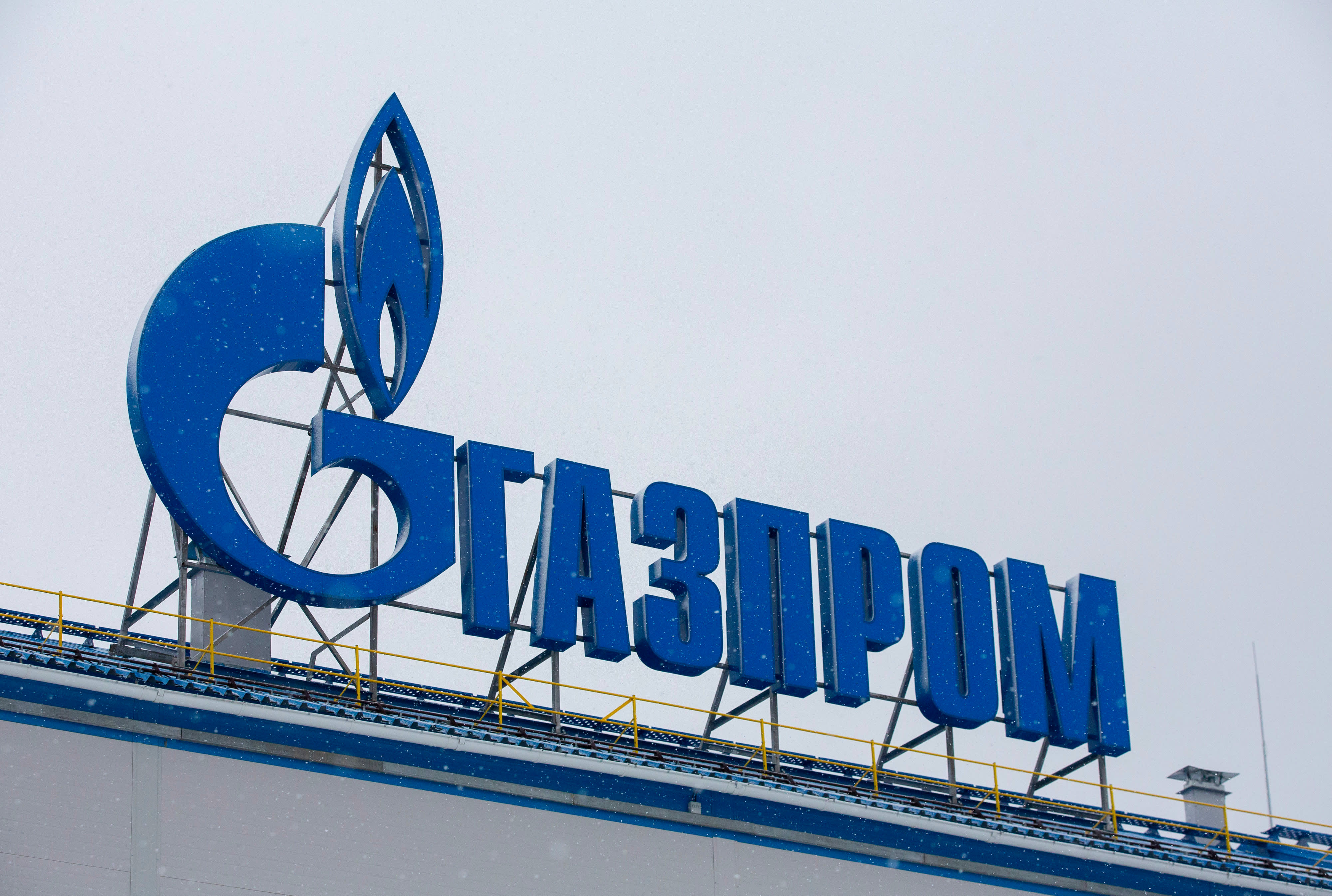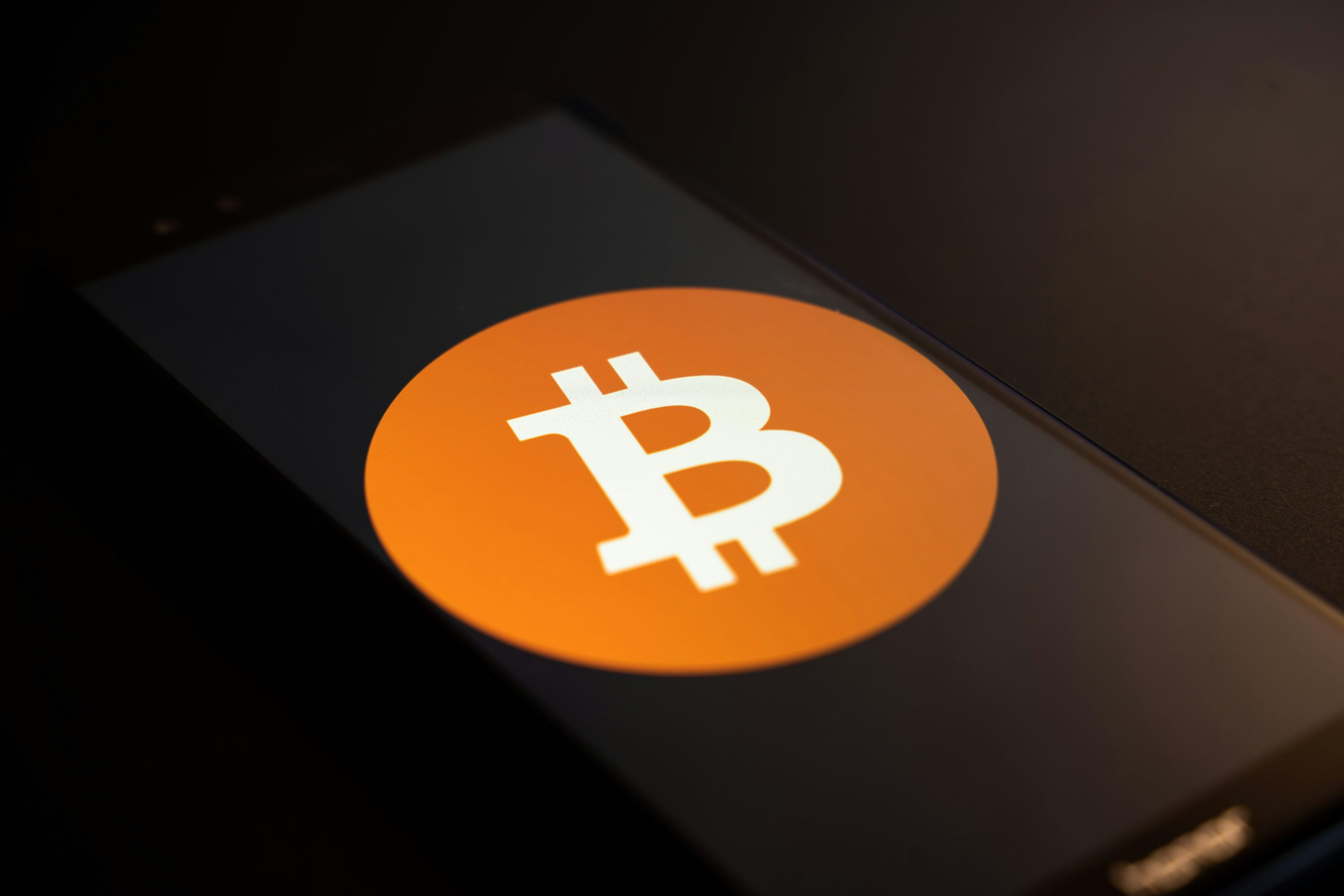Treasury Secretary Yellen says not all uninsured deposits will be protected in future bank failures
Treasury Secretary Janet Yellen sought to reassure markets and lawmakers that the government will protect U.S. bank deposits amid a rash of bank failures.
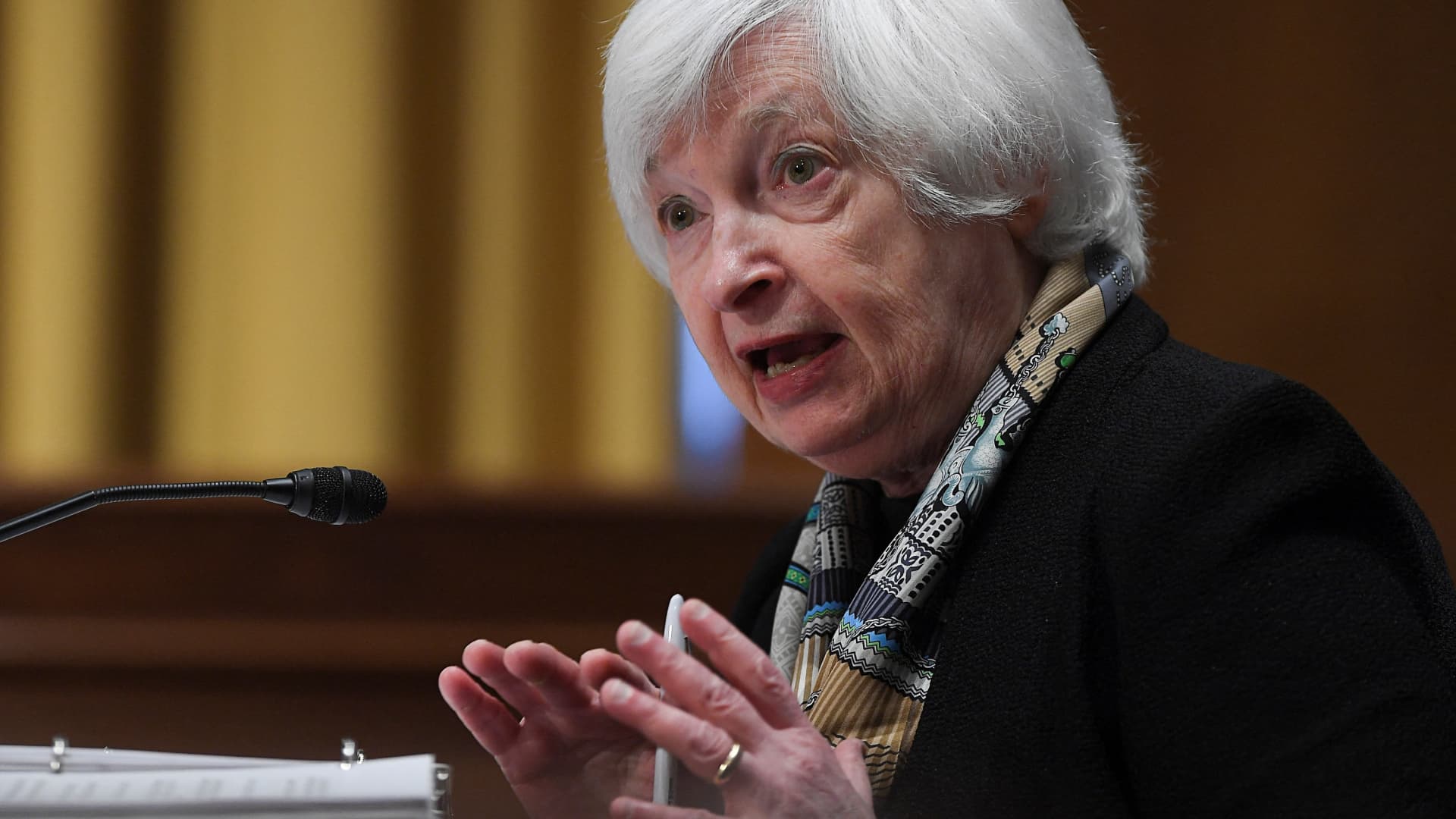
WASHINGTON — Treasury Secretary Janet Yellen sought to reassure markets and lawmakers on Thursday that the federal government is committed to protecting U.S. bank deposits following the failure of Silicon Valley Bank and Signature Bank over the weekend.
"Our banking system remains sound and Americans can feel confident that their deposits will be there when they need them," Yellen said.
Under questioning, however, Yellen admitted that not all depositors will be protected over the FDIC insurance limits of $250,000 per account as they did for customers of the two failed banks.
A Silicon Valley Bank office is seen in Tempe, Arizona, on March 14, 2023.
Rebecca Noble | AFP | Getty Images
Yellen has been at the center of emergency federal efforts this past week to recover deposits for account holders at two failed banks, the California-based SVB and the crypto-heavy Signature Bank, based in New York.
A majority of SVB's customers were small tech companies, venture capital firms and entrepreneurs who used the bank for day-to-day cash management to run their businesses. Those customers had $175 billion on deposit with tens of millions in individual accounts. That left SVB with one of the highest share of uninsured deposits in the country when it collapsed, with 94% of its deposits landing above the FDIC's $250,000 insurance limit, according to S&P Global Market Intelligence data from 2022.
CNBC Politics
Read more of CNBC's politics coverage:
U.S. judge in Texas will soon rule on the abortion pill mifepristone. Here's what could happenTreasury Secretary Yellen says not all uninsured deposits will be protected in future bank failuresChina would be among first paid under GOP debt limit plan, Treasury Secretary Yellen saysSenators re-launch bill seeking to force Supreme Court to televise sessionsSilicon Valley Bank ex-CEO backed Big Tech lobbying groups that targeted Dodd Frank, sought corporate tax cutsTreasury Secretary Yellen says only uninsured deposits at banks deemed a systemic risk will be protectedTrump extends lead over DeSantis in new poll of possible GOP primary fieldTrump super PAC accuses Ron DeSantis of ‘shadow’ presidential bid in ethics complaintDOJ charges Chinese businessman Guo Wengui, associate of Steve Bannon, in $1 billion fraudPfizer will have to pay rebates to Medicare for five drugs under Biden plan to lower Rx costsTop Senate Democrats press DOJ, SEC to investigate whether Silicon Valley Bank executives broke any lawsApple, Amazon, Google will likely get a reprieve from GOP-controlled House on antitrust legislationWarren unveils bill to repeal Trump-era bank deregulation she says led to SVB, Signature collapsesChuck Schumer will give campaign donations from Silicon Valley Bank's ex-CEO, PAC to charityBiden announces new plans to curb gun violence, months after Lunar New Year mass shootingU.S. bank regulators announced a plan Sunday to fully insure all deposits at the two failed banks, including those above the $250,000 limit covered by traditional FDIC insurance. The additional protection will be paid for out of a special fund made up of fees levied on all FDIC insured institutions.
In addition, the Federal Reserve loosened its borrowing guidelines for banks seeking short-term funding through its so-called discount window. It also set up a separate unlimited facility to offer one-year loans under looser terms than usual to shore up troubled banks facing a surge in cash withdrawals. Both programs are being paid for through industry fees, not by taxpayers, the Biden administration has emphasized.
"This will help financial institutions meet the needs of all of their depositors," Yellen said. "This week's actions demonstrate our resolute commitment to ensure that depositors' savings remain safe."
Democrats and Republicans in Congress have largely supported the emergency actions taken in the past week. But with markets recovering somewhat, lawmakers Thursday questioned Yellen about whether backstops for big banks will become a new norm, and what that could mean for community lenders.
"I'm concerned about the precedent of guaranteeing all deposits and the market expectation moving forward," Sen. Mike Crapo, R-Idaho, the committee's ranking member, said in his opening remarks.
People line up outside of a Silicon Valley Bank office on March 13, 2023 in Santa Clara, California.
Justin Sullivan | Getty Images
Republican Sen. James Lankford of Oklahoma pressed Yellen about how widely the uninsured deposit backstops will apply across the banking industry.
"Will the deposits in every community bank in Oklahoma, regardless of their size, be fully insured now?" asked Lankford. "Will they get the same treatment that SVB just got, or Signature Bank just got?"
Yellen acknowledged they would not.
Uninsured deposits, she said, would only be covered in the event that a "failure to protect uninsured depositors would create systemic risk and significant economic and financial consequences."
Lankford said the impact of this standard would be that small banks would be less appealing to depositors with more than $250,000, the current FDIC insurance threshold.
U.S. Treasury Secretary Janet Yellen takes questions on the Biden administration's plans following the collapse of three U.S. lenders including Silicon Valley Bank and Signature Bank, as she testifies before a Senate Finance Committee hearing on U.S. President Joe Biden's proposed budget request for fiscal year 2024, on Capitol Hill in Washington, March 16, 2023.
Mary F. Calvert | Reuters
"I'm concerned you're ... encouraging anyone who has a large deposit at a community bank to say, 'we're not going to make you whole, but if you go to one of our preferred banks, we will make you whole.'"
"That's certainty not something that we're encouraging," Yellen replied.
Members of Congress are currently weighing a number of legislative proposals intended to prevent the next Silicon Valley Bank-type failure.
One of these is an increase in the $250,000 FDIC insurance limit, which several senior Democratic lawmakers have called for in the wake of SVB's collapse.
Following the 2008 financial crisis, Congress raised the FDIC limit from $100,000 to $250,000, and approved a plan under which big banks contribute more to the insurance fund than smaller lenders.

 JaneWalter
JaneWalter 









